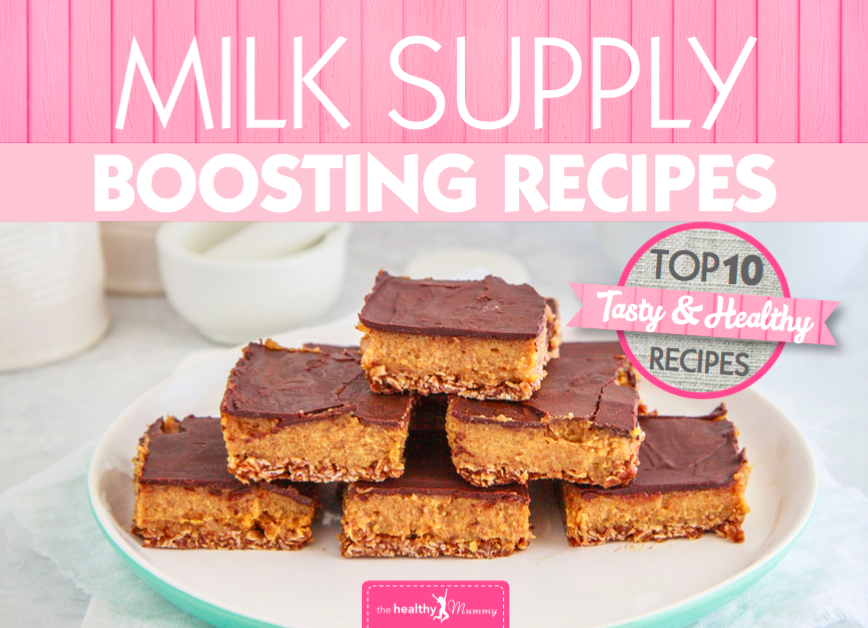During pregnancy we should be trying to eat more of the healthy sorts of fats, such as those found in olive oils and fish as those can have positive health benefits. Advice about what we should eat in pregnancy is often different from what we should be eating when not pregnant, so what is the case when it comes to fish oils?
 The importance of fish oils
The importance of fish oils
Science has proven that the Omega-3 fatty acids contained in fish oils play a very positive beneficial role for not only the mother’s health but for the developing baby too. Omega-3 acids are known to assist in the building of the baby’s brain, nervous system and eyes. In order to form these critically important parts of the baby, the mother’s own stores of Omega-3 may be used up, so it is essential to make sure that sufficient is taken in the diet.
Research has also shown that increasing the intake of fatty acids may prevent premature delivery and lower the risk of the life-threatening complications of high blood pressure. There is also thought to be a link between consumption of fish oils and a lower risk of the child developing allergies.
Breastfeeding
Everything the mother eats passes into her breast milk, and this is the case with Omega-3 fatty acids too. A baby’s brain and nervous system is constantly developing, so keeping up a good intake of fish oils during the nursing period will help your baby get all of the nutrients they need to thrive.
There is ongoing research into the benefits of fish oils for breastfed babies and there is thought to be a link between reduced levels of eczema and allergy in babies whose mothers are taking supplements. Post natal depression is also lower in mothers who have a healthy, balanced diet and who supplement their diet with fish oils.
The benefits of Omega-3 fatty acids are by now so well known that formula manufacturers are adding them into their products in an attempt to replicate the benefits of breast milk for development of the baby.
Fish or supplements?
We are constantly being told we should eat more oily fish such as salmon or sardines. However, care should be taken with some fish, especially tuna, shark, marlin or swordfish which can have very high levels of mercury.
These sorts of fish should only be eaten in small quantities, and no more than once per week. For this reason, many women who are pregnant or breastfeeding find it easier to get their dose of fish oils by taking a capsule once per day.
Weight Loss
Fish oil can be taken as a supplement for weight loss, too – it is thought to positively influence metabolism, meaning that you’ll digest your food more quickly, to activate enzymes in your body that are responsible for burning fat, meaning that your body burns fat more easily, and also helps to reduce insulin resistance. Studies have shown that taking fish oil supplements in conjunction with doing regular aerobic exercise can help you to burn off up to 26% more calories per day and more body fat than if you didn’t take any fish oil supplements.
If you’re a breastfeeding mother who is keen to lose baby weight, we’ve got you covered. At Lose Baby Weight we believe that breastfeeding and weight loss can go hand in hand, which is why we have created the 28 Day Breastfeeding Friendly Diet & Exercise Plan and have ensured that our weight loss plans are safe for breastfeeding mums.
If you’d love to recipe our FREE MILK BOOSTING recipe ebook, then just pop your details in below and it will be in your inbox within minutes.
Our Healthy Mummy Smoothies are also safe for breastfeeding mums, 96% sugar free, fructose free and actually contain natural galactogogues. You can see the full ingredient list here .


